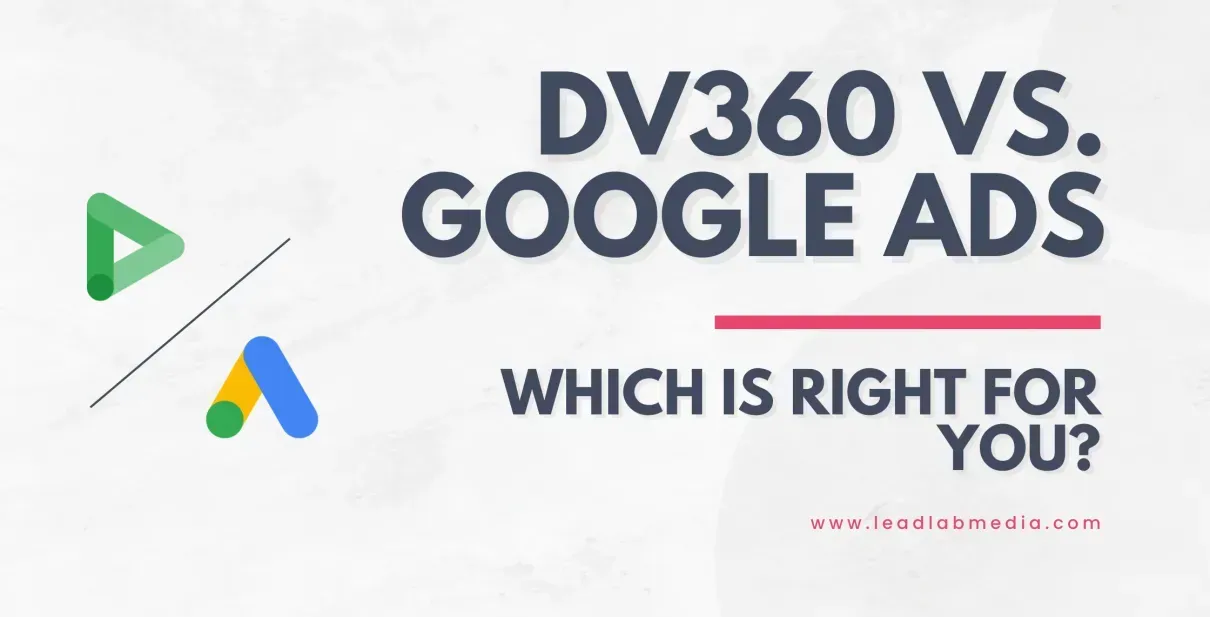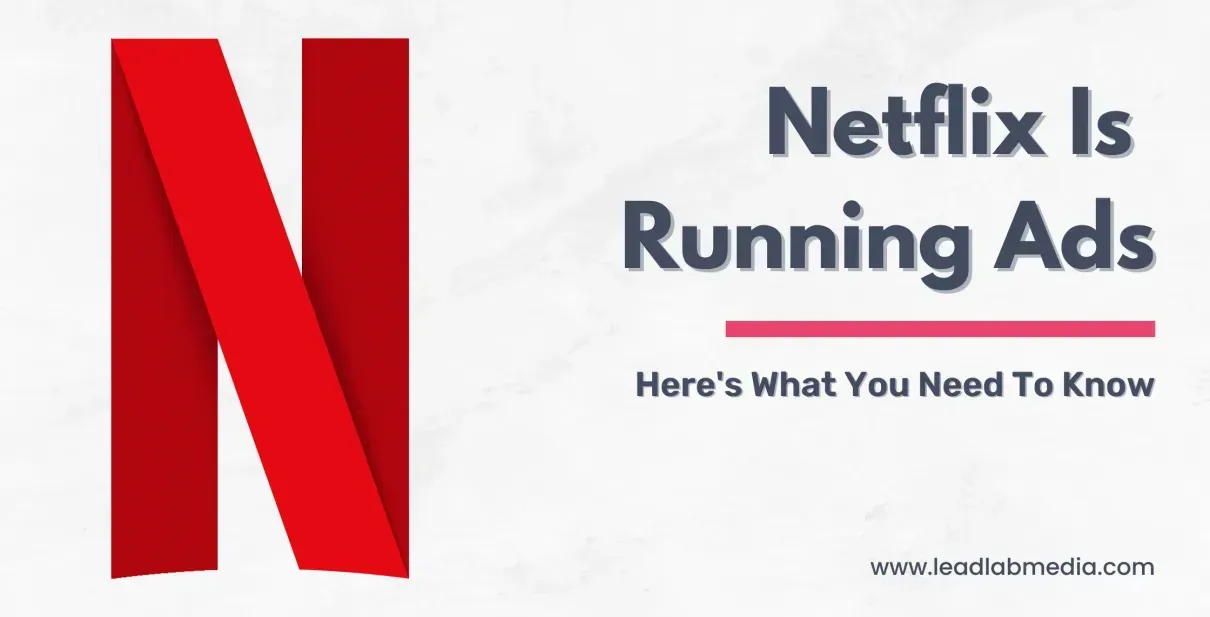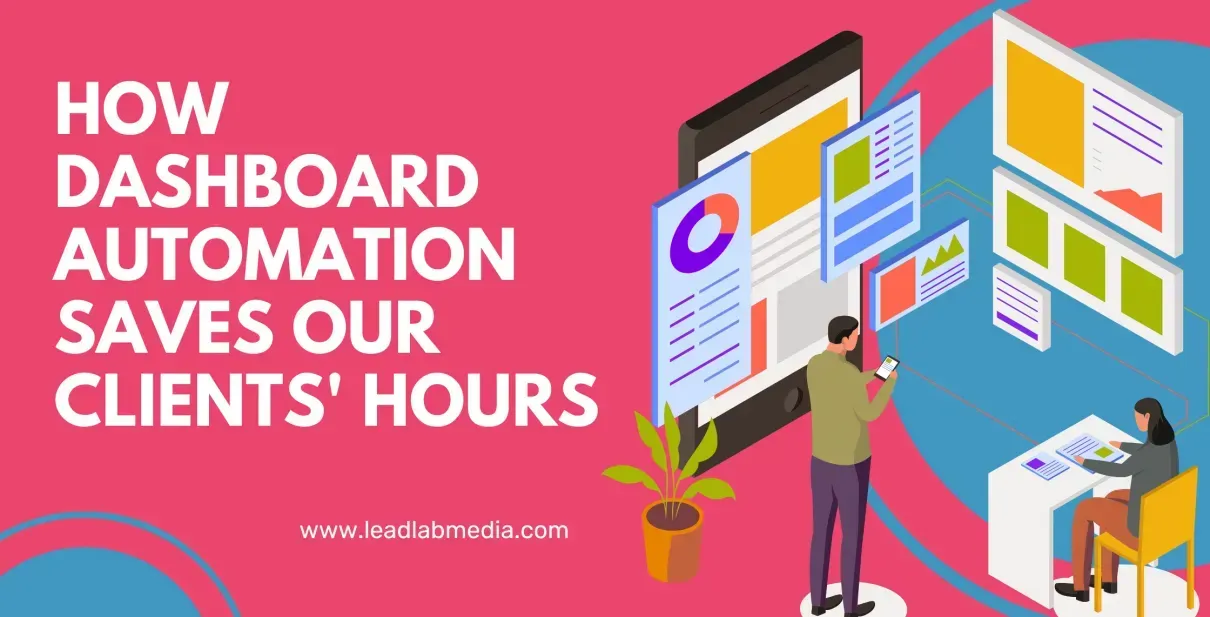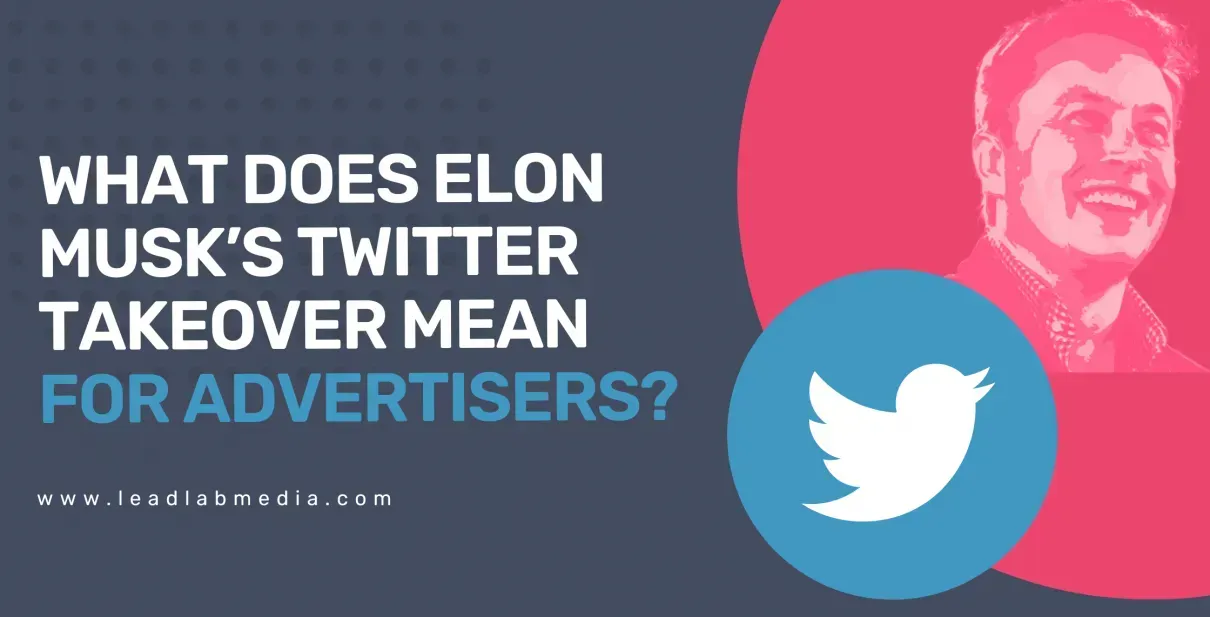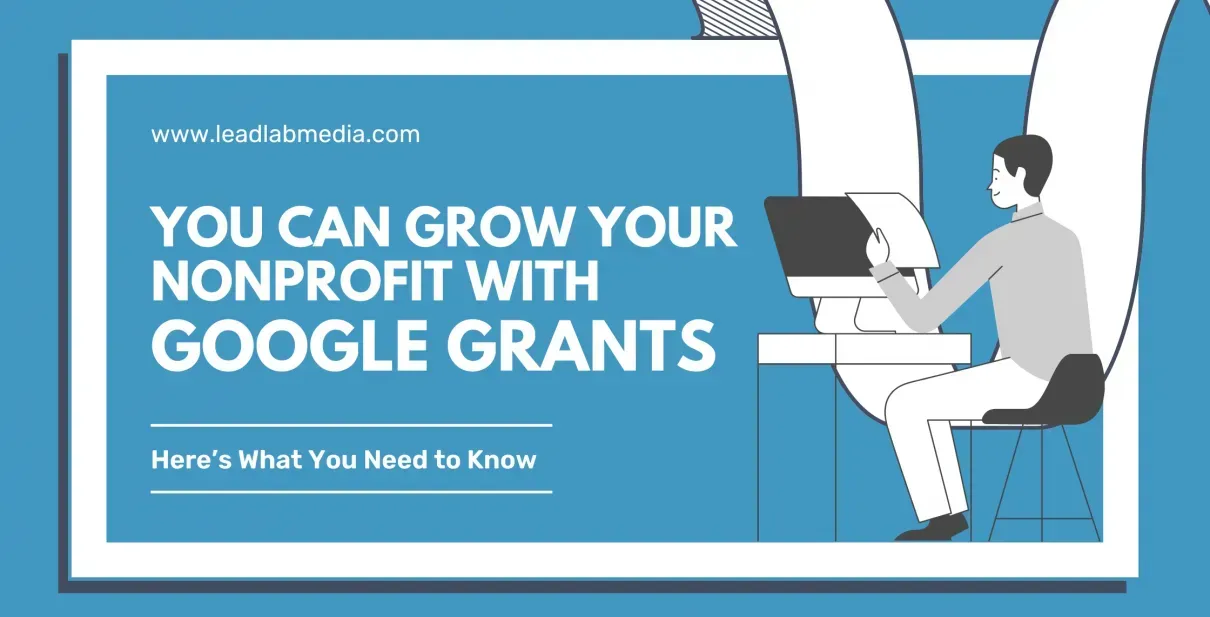Important Questions to Ask Your Agency
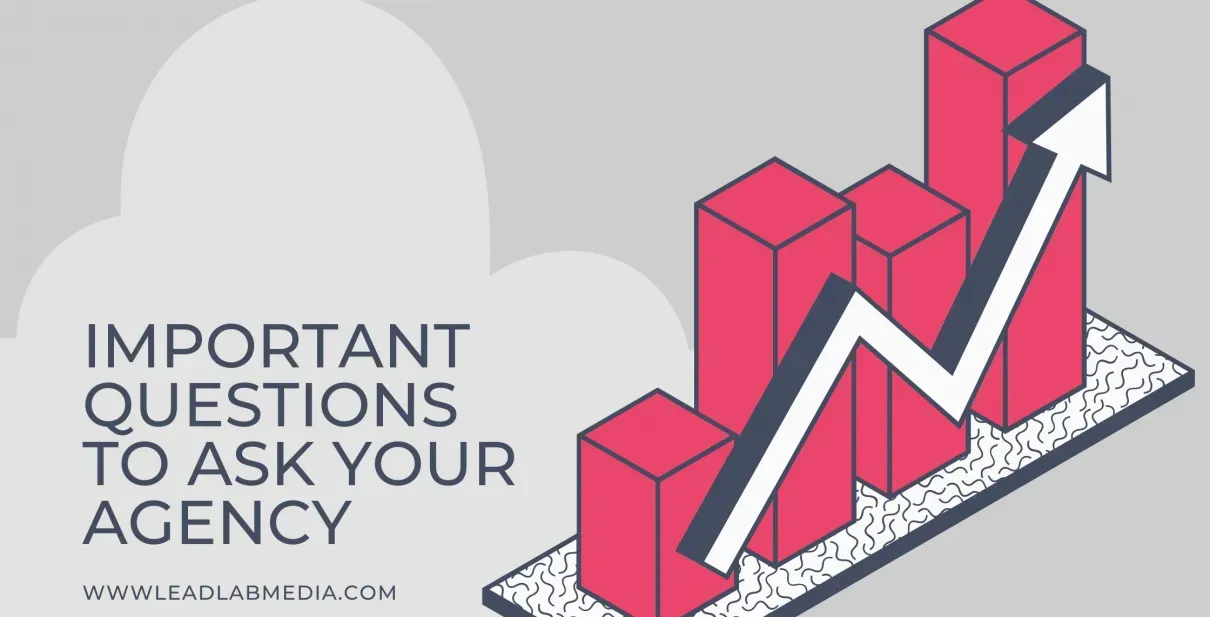
A study by AdAge found that nearly 40% of brands are likely to ditch their agency within six months. The main reasons cited were a lack of strategic approach, failure to deliver value, and leadership changes.
After signing a big contract, sales teams often disappear and are replaced by junior employees, middlemen, and empty promises.
If you’re a small business owner, you’ve probably had to make some tough decisions about hiring an agency.
You don’t want to overpay, but you also don’t want to be left in the dark about what’s going on with your account. It’s important to make sure that your engagement with an agency starts off on the right foot.

That’s why we’ve compiled a list of questions you should ask your potential agency partners before you sign on the dotted line:
Who will own my accounts?
We recommend that you create the ad accounts or give the agency access to your existing ad accounts, don’t let them create new ones. This will ensure that you can walk away if you need to with all your data and access levels. If the agency is paying billing, they might need admin-level access, but you should always have admin as well.
What is your fee structure?
Percent of Media – If you are a big spender ($20k+ a month), % of media might be a good option because then they can put more staff on your account. But make sure they aren’t incentivized to get you to spend more. You want them to be thinking about how to get better ROI with ways to be efficient with your money.
Flat Fee – For small businesses with budgets of less than $20,000 a month, hourly or flat-fee billing might be your best option. The amount of work involved in managing an account with a $2,000 media budget per month and one with a budget 20 times as much is the same.
This will help make sure they have the fees needed to staff your account appropriately. If media and services fees are billed as one number, ask to see a breakout of percentage towards media and percent towards service fees. This is a common way agencies hide fees, so you want to be transparent about how much is going toward ads.
Headcount Pricing – this is when you pay for the number of people working on your account. The idea is that it helps you have the right staff dedicated to your business. However, make sure you know who you will be assigned to and their experience level.
What are your regular client deliverables?
What are the deliverables I’ll get each week and each month? What is their onboarding process and when can we expect to see our first reports? Ask to see report samples with insights, ask what their optimization checklists are and how often they will be doing them, and ask to see an optimization log. Be clear about what you want from them and ensure they know how you want to receive the deliverables.
What is their communication process?
Who will be your main point of contact? Ask who is going to be assigned to your account and ask for their LinkedIn profiles. Confirm that the person who is doing the work is going to be in your regular check-in calls.
Ask who is the point of escalation if you’re not happy with the service you’re getting for your day-to-day contact.
What is the agency’s request process?
How do you ask for new requests and what is the expected turnaround time? Know what to expect for an email response, new task request, upload or launch to make sure the agency can handle what you’re asking them to do.
If your agency hesitates to answer any of these questions, you might want to consider working with someone else.
Relationships are a two-way street, so here’s how you can be a good partner for your agency too.
Do not try to negotiate the lowest possible price. Negotiating a lower rate can result in limiting team resources for your accounts—the stuff that gets cut when rates are too low is usually Directors, Analysts, or Strategists needed to provide the highest quality work.
Be available. Have people on your side ready to deliver the materials your agency team needs, answer questions, and onboard them properly as if they were new employees. Work extra to quickly provide requested things—like data or logins—that will make the transition smoother.
Be organized. Help prioritize what your agency needs to focus on. Being organized with your requests will ensure that everyone is doing the right things to support those priorities.
Know your goals. Be clear about what you’re trying to accomplish and what success looks like. If you change the direction of the boat every other day your agency will be lost.
A good client and agency relationship is essential to success and makes everyone’s life better. We hope this list of important questions to start any new agency engagement is helpful!



